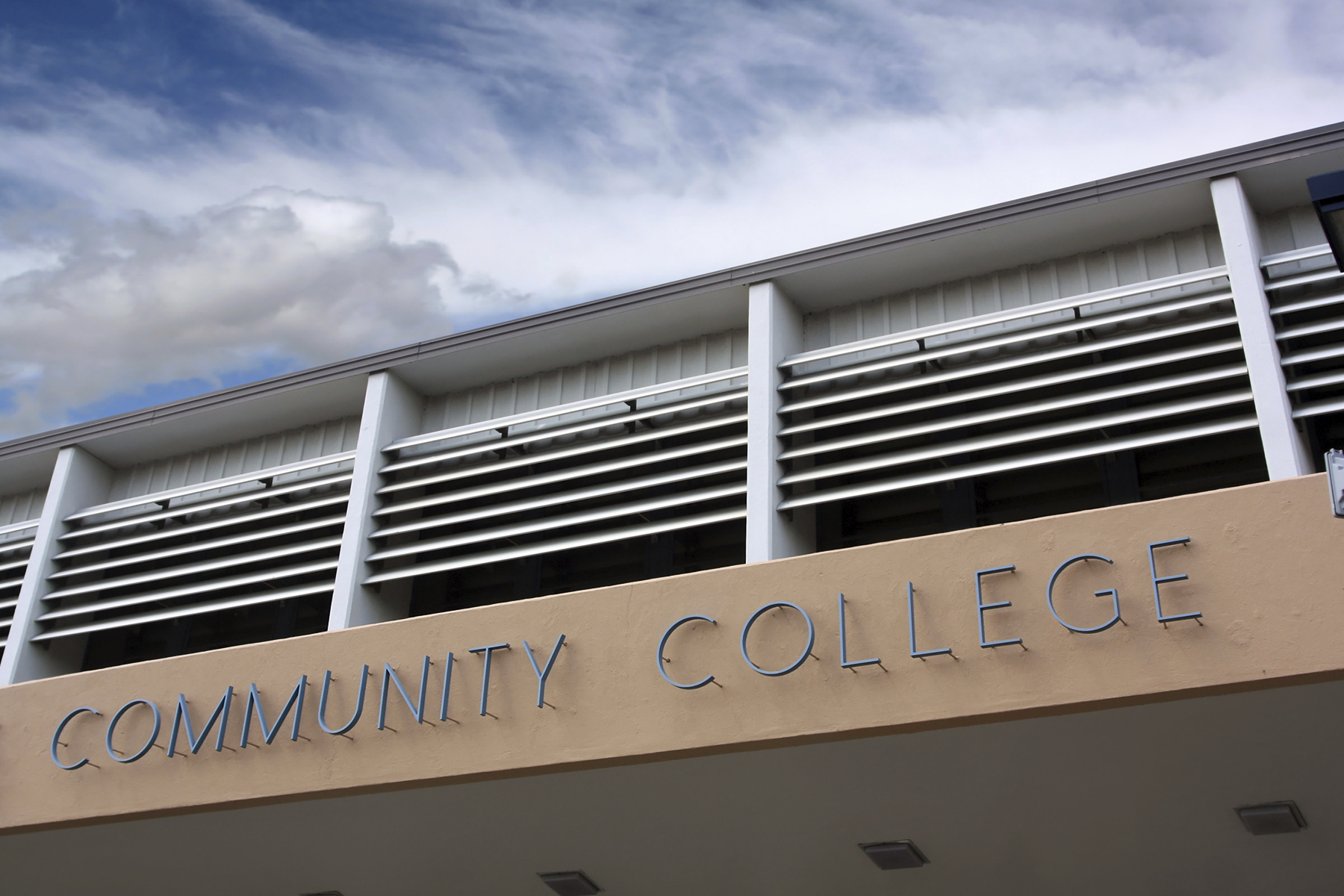The Unsung Boons of Community College
Community college has obvious benefits like convenience, but it also has unspoken, unadvertised perks that most students are unaware of.
By Brooke Mondor, Brookhaven College
I always knew that I was going to start out my college experience at a community college after high school.
I was unsure of what I wanted to major in, I didn’t have a job yet and I didn’t want to accumulate thousands of dollars of debt taking general courses just so I could go to a big university.
Although I had one particularly passionate friend and essay writer who was very vocal about her hatred for community colleges, why they suck and how I would be missing out on the college experience, my mind was set. Now, I don’t regret it one bit.
Some people are successful without going to the college and are self taught. But there are many well-known benefits of community college: convenience for commuting students, inexpensive tuition rates, low-risk trial of college, etc. But there are also some other advantages that most students don’t think about.
Smaller campus = pedestrian heaven.
Community colleges tend to be substantially smaller than universities. As a result, it won’t take nearly as long for you to get from one class to another, even if they are on separate sides of the campus.
I spend my 10-minute breaks between classes catching up on schoolwork, eating or hanging out with friends. I could probably get away with taking a nap if I really felt like it.
Since everything is so close, there’s no big rush to get from one class to the next. At a large university, when you have classes on opposite sides of the campus, you’ll probably have to walk a pretty large distance. Unless you have super speed-walking capabilities, there won’t be much time available for lollygagging in between classes.
You’ll have to gather up your things quickly once class ends, high tail it to your next class without tripping or doing something equally embarrassing, and hopefully make it in time while still looking semi-presentable.
The classes are different, and no, not in a bad way.
It’s a popular myth that community college classes are “easier” than classes at four-year universities. I for one can testify that this is untrue. Class difficulty depends on the professors and how much work you are willing to put into them—not the type of college you are attending.
Furthermore, many professors who choose to teach at community colleges do it part-time, meaning they have jobs on the side.
Sometimes their jobs are industry specific, which means that your teachers can give you classwork and instruction based on what they’re experiencing in the real world.
They teach because they are passionate about their subject, and in my experience, all of my professors have been extremely knowledgeable and eager to help me with any questions or concerns.
On the other hand, at larger universities, some of your professors may be graduate students. While that’s not the worst possible scenario, I would personally rather have a professor with years of experience teaching me than someone two years older than me.
Not to mention the difference in class sizes. It’s much easier to establish relationships with your professors and get individualized help in a class with 20 people rather than a lecture hall with 200.
There are plenty of opportunities to meet all sorts of different people.
There are students from totally different walks of life at community colleges, ranging from teens fresh out of high school to international students to middle-aged adults returning to school after decades of working. This mixture of different types of people serves as a learning experience in itself, and it keeps things interesting.
I’ve met international transfer students from countries in Asia, Central America and Africa.
I’ve seen elderly people trying to get back into the swing of going to class and doing schoolwork.
I’ve had classmates who were working full-time jobs and had kids and families to take care of outside of class.
Whatever the reason may be, the majority of people I’ve met during my time at community college have been friendly and willing to help me if I ever needed it. Getting to know these different people and learning from them has made me a more sociable and open-minded person.
While you do see a lot of the same people every day, if you don’t like them, you aren’t stuck with them.
Since the community college I go to isn’t very big, I see a lot of the same people each semester. While I personally don’t have any grievances against my classmates, there is a chance that you will one day meet someone you can’t stand.
At a large university, if you live on campus, you run the risk of seeing that person way more often than if you went to a community college. They will show up in your classes. They will show up at the parties you go to. They will show up just about everywhere you go on campus, and you can’t really get away if you live there.
On the other hand, if you meet someone at community college and you never want to deal with him or her again, it is much easier to do so. You may have to see them in class, but after that, you’re free. You can drive home, complain about how annoying they are to everyone you know and then forget about their existence until next class.
You’ll have more money in your pockets when it’s all said and done.
Community college is a lot less expensive than university. Tuition, room and board, and meal plans all add up to thousands of dollars a year that community college students don’t have to spend.
Since community colleges offer flexible classes, it’s totally possible for students to go to school full-time while working on the side. Students who go to community college usually don’t have to take out substantial loans to pay for school, either.
Not only do you get college credits for much cheaper and without having to damage your credit with massive loans, but also there have been studies that show that some community college graduates actually out-earn those with four-year bachelor’s degrees.
Part of that has to do with the fact that there are many two-year certificates available for community college students to obtain, and they can start working at well-paying jobs right after graduation. Talk about getting more bang for your buck!

















[…] idea that classes are easier at community colleges is not true across the board however. Some schools- community college or otherwise- are certainly tougher than […]
[…] Only when you might have all that data can you make an acceptable evaluation. When you find any of https://studybreaks.com/college/secret-advantages-of-community-college those five things, kind the relevant excerpt instantly right into a Word document. Donât […]